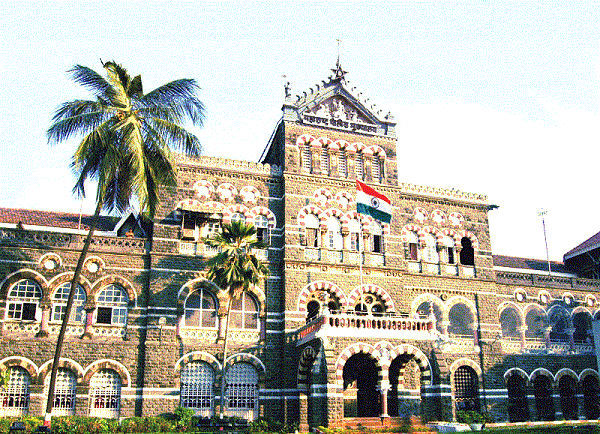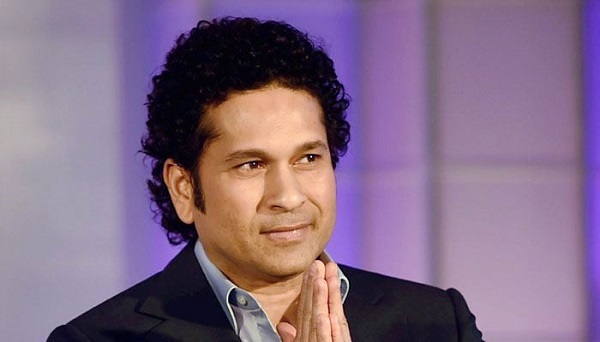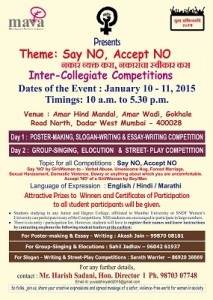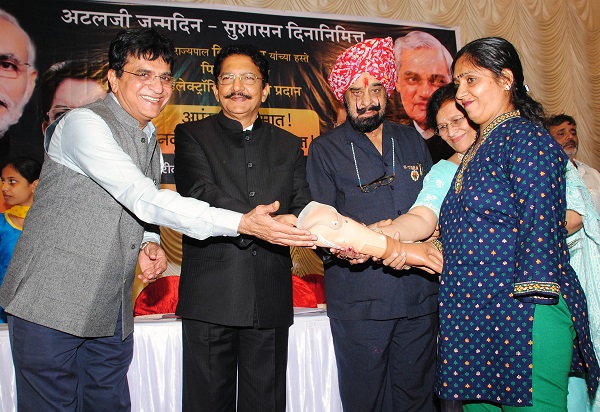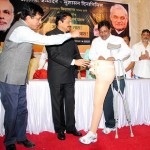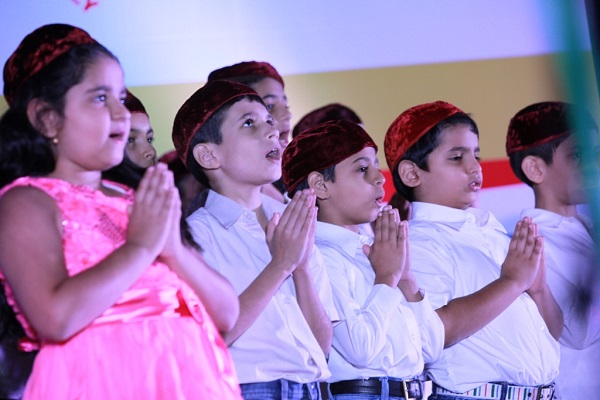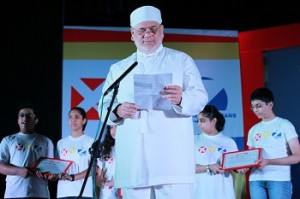Praja Foundation reviews the implications of the new order which stipulates that all police stations will have one Investiation Unit.
by Praja Foundation, Mumbai
Congratulations to Mr Sanjeev Dayal, Maharashtra’s Director General of Police for the long awaited announcement to separate Investigation Units (IUs) from law and order police. The Standing Order No. 24 of 2015, which follows the Supreme Court directive, means that IU officers and constables will not be assigned to duties under any other category of investigation and will be exempt from extraction for law and order duties as well.
The order stipulates that all the police stations and district police will have at least one IU; numbers will increase depending on the average number of serious cases registered over three years. According to Dayal’s order, which will come into effect on July 1, 2015, each IU will investigate a maximum 15 cases a year. According to the Director General’s order officers in charge of the investigation wing will supervise the investigating as well as pairavi units, who follow up on the cases being tried in court. The order also mentions that that women police officers and constables will aid IUs. There is a stipulation that Mumbai needs 691 personnel for investigation, pairavi and women units; and these will be chosen from already existing personnel in the police force. There are also provisions for a fixed tenure for IUs with fully equipped legal, forensic, scientific and technological resources.
Praja has been consistently taking up the issue of separation of investigation and law and order personnel in its White Papers on the issue Law and Order and Policing in Mumbai. According to Nitai Mehta, Managing Trustee, Praja Foundation, “One of the urgent steps to address the issue of lack of IUs has been laid out by the Supreme Court directives on Police Reform in the Prakash Singh case of 2006, i.e. the separation of investigation from law and order. According to experts, this does not even require a legislative intervention. Even the office of the Police Commissioner or the Home Minister of the State has the power to introduce this much-needed change in the policing policy of the city, and perhaps the state as well.”
The gap between sanctioned and available IOs (Investigating Officers) needs to be bridged; a total of 4,301 IOs are sanctioned, but only 2,904 are working, a gap of 32 per cent! Although this gap has reduced from 50 per cent in 2013; total of 1,397 officers are still needed to bridge the gap completely. Due to this gap, investigations have not been conducted in an organised manner. Mhaske contends, “A study of acquitted cases shows that the chief reason for acquittal has been ‘lack of evidence’. This, in turn, showcases the performance of the IO, the public prosecutor and the lack of coordination between the two.”
Praja’s crime White Papers also present some startling data regarding conviction rates in criminal cases. Milind Mhaske, Project Director, Praja Foundation says, “Conviction rates in Class II serious offences (cases involving bodily harm, murder, rape, grievous hurt, kidnapping, abduction etc.) has been an abysmal 8 per cent in 2013 – 92 per cent of those charge-sheeted have got away scot-free! Overall, the conviction rate remains at a low 22 per cent”. To maintain law and order in the city, it is imperative that these figures rise.
Low conviction rates lead to thriving crime and, consequently, an unsafe city. These figures highlight the lack of IOs in the city. Mehta says, “Understaffing and multiplicity of tasks in the Mumbai Police Force is compromising investigation and there by leading to low conviction rates. A fully manned force will mean that the officers handling criminal cases will focus solely on these investigations, rather than being called on to man roadblocks and performing bandobast duties. Consequently, cases that make their way to the courts will be watertight and there will be an assurance that the guilty will be convicted”.
(Picture courtesy www.mahapolice.gov.in. Image is used for representational purpose only)
